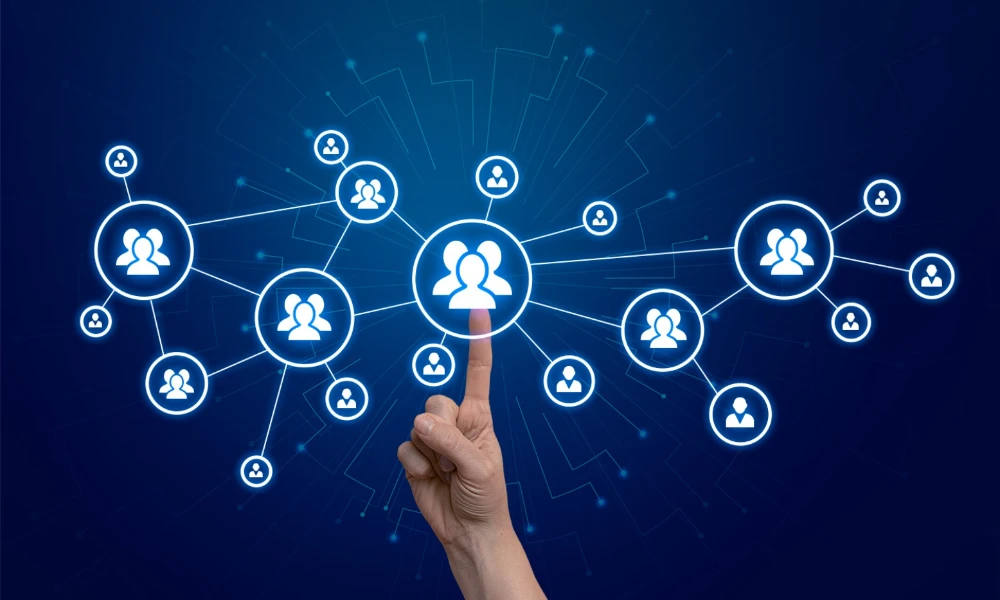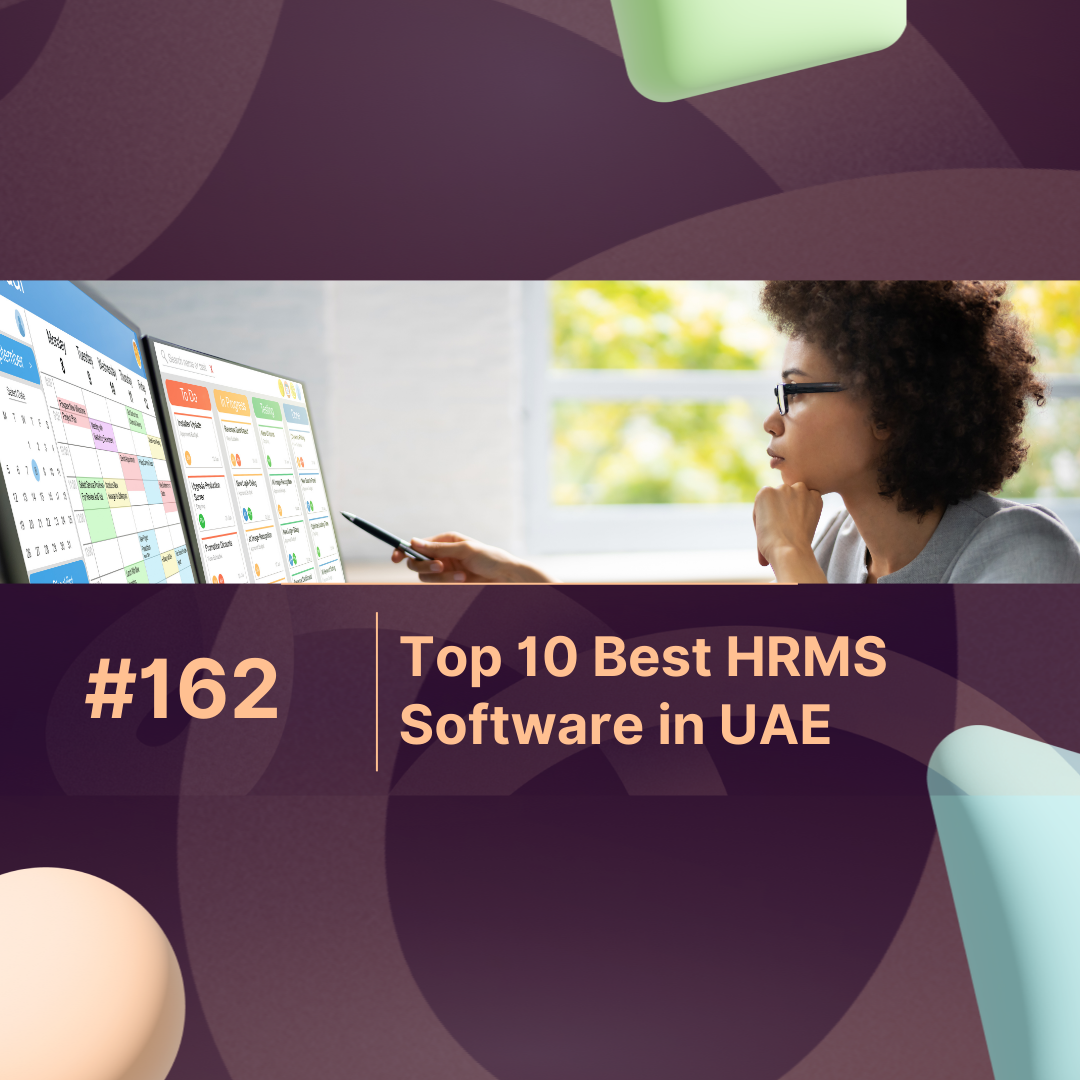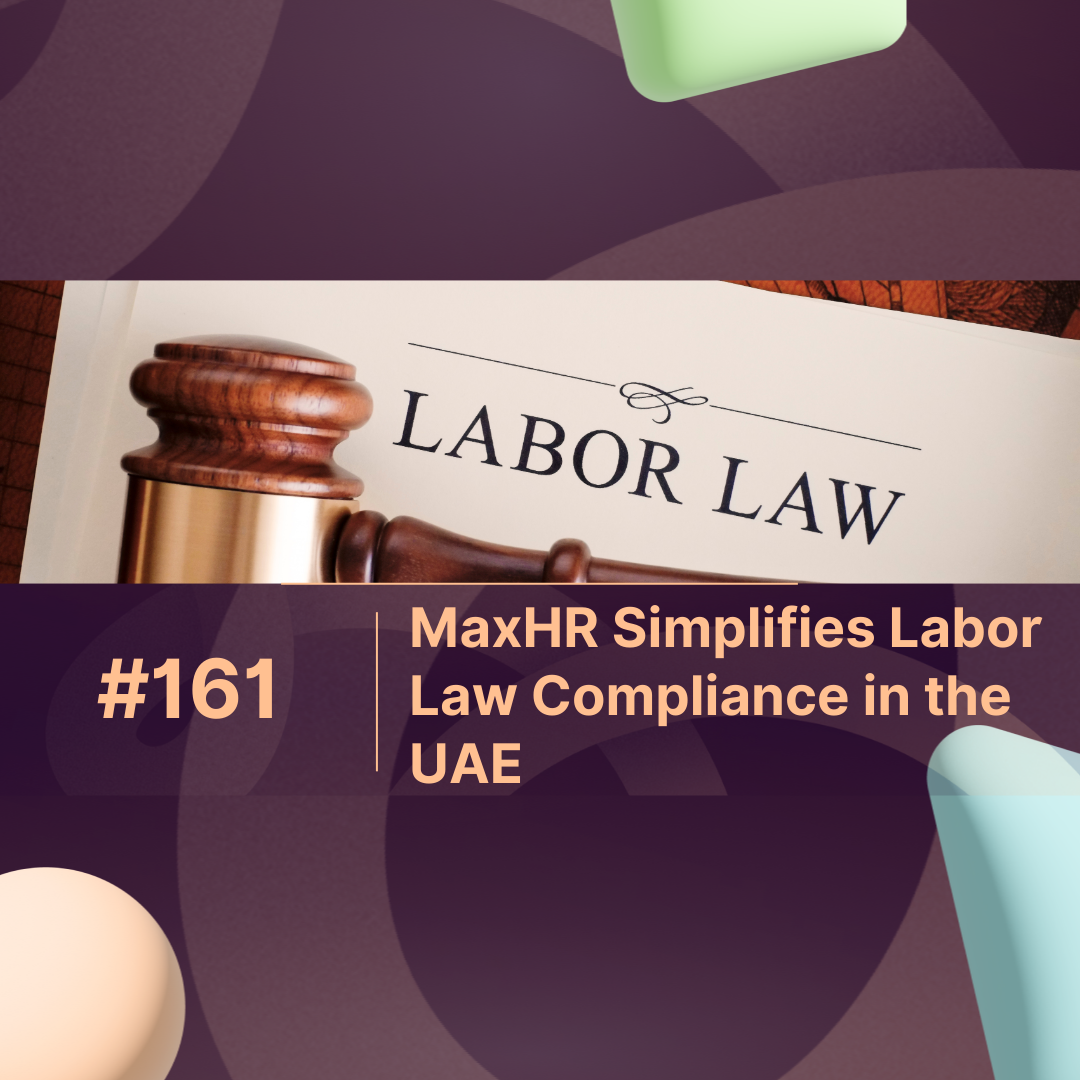One Click to Smarter HR
In the rapidly evolving business landscape, the role of Human Resources (HR) is undergoing a transformative shift. The integration of artificial intelligence (AI) in HR practices is revolutionizing the way organizations manage their talent. AI-powered talent management solutions are not only enhancing efficiency but also driving strategic decision-making, enabling HR professionals to focus more on value-added activities. This blog post explores how AI is shaping the future of HR, with a particular focus on talent management.
The Emergence of AI in HR
AI has permeated various sectors, and HR is no exception. From automating mundane tasks to providing deep insights into employee behavior and performance, AI-powered tools are redefining HR processes. Talent management, a critical component of HR, stands to benefit immensely from AI’s capabilities.
1. Enhancing Recruitment and Hiring Processes
One of the most significant impacts of AI in HR is on the recruitment and hiring process. Traditional recruitment methods are often time-consuming and prone to biases. AI-driven recruitment tools streamline these processes by automating repetitive tasks such as resume screening and candidate shortlisting. For instance, AI algorithms can quickly scan thousands of resumes, identify the most qualified candidates, and even rank them based on predefined criteria.
Companies like Unilever have successfully integrated AI into their recruitment process. Unilever uses AI-powered platforms to screen candidates through online games that assess cognitive, emotional, and social traits. This approach not only saves time but also ensures a fair and unbiased evaluation of all candidates. The result is a more diverse and high-performing workforce.
2. Personalized Employee Development and Retention
AI’s ability to analyze vast amounts of data allows HR departments to gain insights into employee development and retention. AI-powered talent management systems can track employee performance, identify skill gaps, and recommend personalized development plans. These systems use data from various sources, such as performance reviews, project outcomes, and peer feedback, to create tailored growth paths for employees.
For example, IBM’s AI-driven talent management system, Watson Talent, provides personalized career development recommendations to employees. By analyzing data on skills, experience, and career aspirations, Watson Talent suggests relevant training programs, job rotations, and career advancement opportunities. This personalized approach not only enhances employee engagement but also reduces turnover by aligning employee growth with organizational goals.
AI-Driven Performance Management
Performance management is another area where AI is making a significant impact. Traditional performance reviews are often criticized for being infrequent, subjective, and disconnected from real-time performance. AI-powered performance management systems offer continuous feedback, real-time performance tracking, and objective evaluations.
3. Continuous Feedback and Real-Time Analytics
AI tools can provide continuous feedback by analyzing employee interactions, project contributions, and peer reviews. This real-time feedback mechanism allows employees to understand their strengths and areas for improvement continuously. Managers can also access real-time analytics to make informed decisions about promotions, rewards, and training needs.
Companies like General Electric (GE) have adopted AI-driven performance management systems to replace annual performance reviews with continuous feedback. GE’s Performance Development system uses AI to provide employees with ongoing feedback, helping them improve in real time and stay aligned with organizational objectives. This shift has led to increased productivity, employee satisfaction, and overall performance.
4. Reducing Bias in Talent Management
AI has the potential to mitigate biases in talent management. Traditional HR practices can be influenced by unconscious biases, leading to unfair treatment and missed opportunities for deserving employees. AI algorithms, when designed and monitored correctly, can help reduce these biases by making data-driven decisions.
For instance, Hilton Worldwide Holdings uses AI to ensure fairer talent management practices. Their AI-driven tools analyze data from multiple sources to make unbiased recommendations for promotions, salary adjustments, and training opportunities. This approach has helped Hilton create a more inclusive and equitable work environment.
The Future of AI in HR
As AI continues to evolve, its applications in HR will expand, further transforming talent management practices. Future advancements may include more sophisticated predictive analytics, advanced natural language processing for employee sentiment analysis, and AI-driven workforce planning.
Challenges and Considerations
Despite the numerous benefits, the integration of AI in HR also presents challenges. Data privacy, algorithmic biases, and the need for transparency are critical concerns. Organizations must ensure that AI tools are used ethically and that employees’ data privacy is protected. Additionally, continuous monitoring and updating of AI algorithms are necessary to prevent biases and ensure fairness.
Conclusion
AI-powered talent management is revolutionizing the HR landscape by enhancing recruitment processes, personalizing employee development, improving performance management, and reducing biases. As organizations navigate the future of HR, embracing AI can lead to more efficient, fair, and strategic talent management practices. By leveraging AI’s capabilities, HR professionals can focus on building a resilient and high-performing workforce, ultimately driving organizational success in an increasingly competitive environment.



